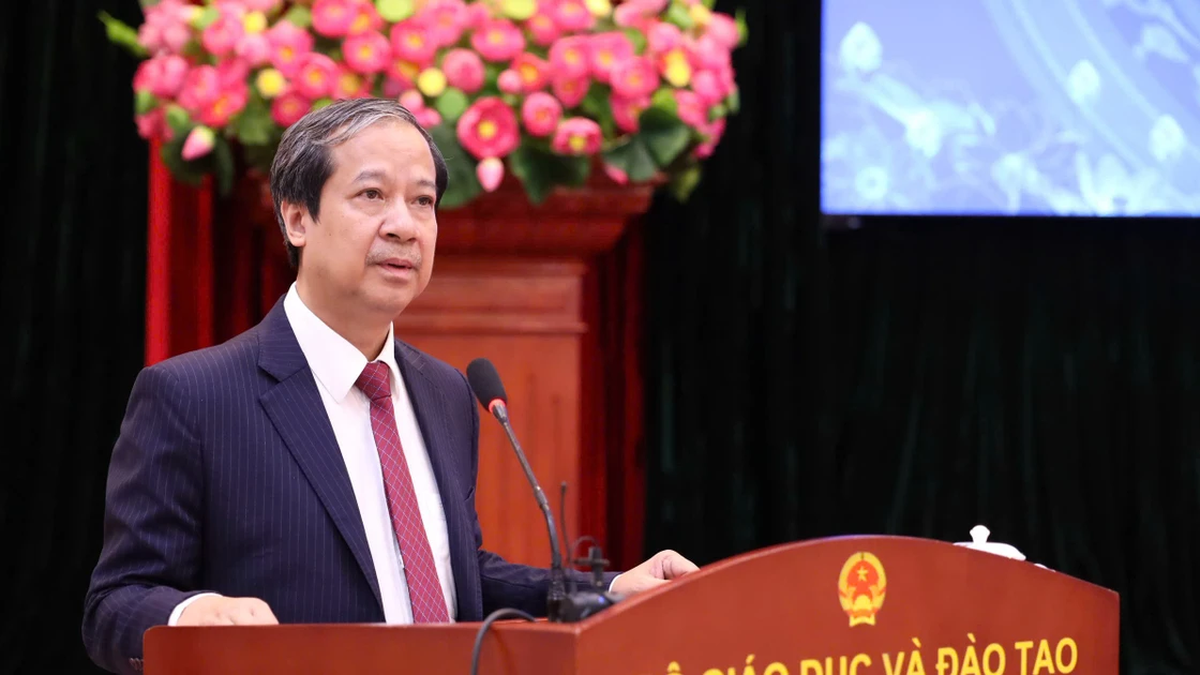If you don't buy an iPhone 14 Pro Max, the 30 million invested in profit through compound interest will help you earn more than 520 million VND after 30 years.
Lifestyle creep refers to the phenomenon where an individual’s spending and standard of living increases in direct proportion to their income. As people earn more money, they often find themselves succumbing to the temptation of living beyond their means, leading to a cycle of increasing expenses and facing the risk of financial insecurity.
The temptation to live beyond one's means and income is strong. Constant exposure to "good life" content and the rise of "consumerism" from social media have normalized inflated lifestyles.
This trend can be detrimental to a person’s financial well-being because it hinders their ability to save and invest for their future. As expenses increase along with income, individuals may have difficulty meeting long-term financial goals such as saving for retirement or building an emergency fund. Lifestyle inflation can significantly delay or even prevent financial freedom and independence.
Not only the general consumer, but also experts and personal financial planners fall into this "trap". Taylor Sohns - a certified financial planner in the US - once "foolishly" bought a Maserati Gran Turismo as a weekend car. He always enjoyed driving this car and felt a sense of accomplishment when owning it, but Taylor could not ignore the fact that he was a certified financial planner and the purchase was a mistake.
He reviewed his financial plan and put the car spending into a spreadsheet. Taylor discovered that the money spent on the Maserati would add more than $700,000 to his retirement fund, allowing him to retire 4.3 years earlier. The results were a wake-up call for Taylor to re-evaluate his spending habits.
To prevent a wasteful lifestyle from derailing financial goals, Taylor Sohns and many personal financial planners have come up with a simple yet powerful process that involves using the compound interest formula to evaluate the long-term impact of purchases.
Before spending money on a product or service, everyone should apply the formula:
FV = PV x (1 + i)^n
In which, FV is the future value, which is the amount of money you will receive if you do not spend this time but choose to invest. PV is the present value, which is understood here as the amount of money you plan to buy. i is the fixed interest rate, usually 7-10% per year. n is the number of years of planned investment, usually calculated until retirement.
For example, you see many colleagues in the company using iPhone 14 Pro Max. After receiving a raise this month, you plan to spend 30 million VND to buy it. If you use that amount to invest and earn interest at 10% per year, after 30 years, you will have more than 520 million VND. By using this process, individuals can better evaluate whether a good or service is worth sacrificing the potential for long-term financial growth.
Additionally, we can avoid lifestyle inflation by practicing slowing down our thinking. Developing a prudent financial mindset involves practicing restraint and mindfulness when spending. Reframing the idea that saving is always attractive and powerful helps combat materialism and consumerism. It encourages conscious decision-making around expenses, considering the impact of purchases on both immediate satisfaction and long-term financial goals.
Tieu Gu (according to Entrepreneur )
Source link




































































































Comment (0)